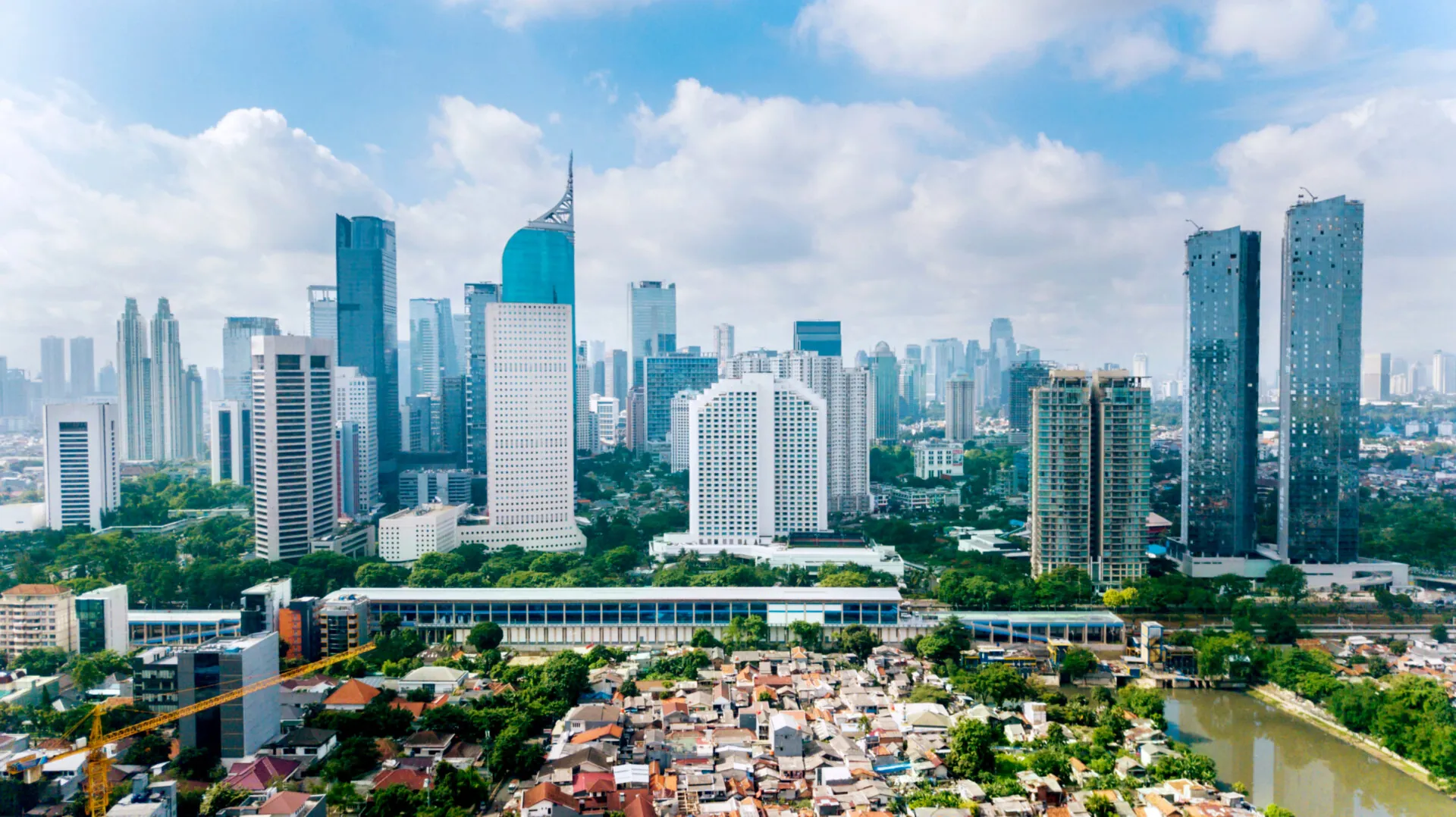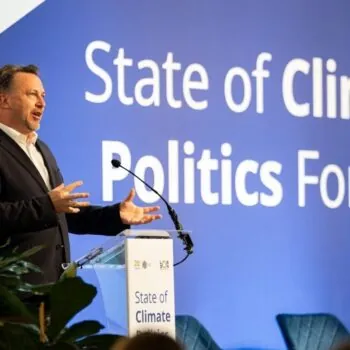Indonesia’s elections earlier this year ushered in new leadership with the victory of former general Prabowo Subianto, endorsed by former President Joko Widodo. His recent swearing-in ceremony as the eighth President of Indonesia marks a significant moment for the country. This political transition presents a critical window on Indonesia’s energy transition, marking the end of Widodo’s 10-year presidency and the start of the implementation phase of Jakarta’s US$20 billion JETP program.
Indonesia and climate change
Expected to be the sixth-largest economy in the world by 2027, Indonesia is highly vulnerable to climate change impacts. The country is a major emitter of greenhouse gas emissions (GHGs), a significant producer of coal, and faces challenges related to deforestation. In line with a political and economic goal to attain OECD membership, Indonesia may look to take a more active role on climate action, though currently domestic progress remains gradual. The OECD accession process would require Indonesia to adhere to strict environmental standards.
The country is also expected to submit its Second Nationally Determined Contribution (NDC) in November, before COP29 in Baku. At present, Indonesia’s enhanced NDC commitment submitted in 2022 aims to reduce emissions by 31.89% unconditionally and by 43.20% conditionally (subject to international support) by 2030. Assessments by Institute for Essential Services Reform (IESR) based on the draft of its Second Nationally Determined Contribution (SNDC) reported these are not aligned with global temperature limitation of 1.5°C.
Indonesia’s priorities and what they mean for its energy transition
Our analysis examines Indonesia’s political system, economy and international dynamics to understand the incoming government’s priorities and what they mean for the future of Indonesia’s energy transition:
While maintaining policy continuity from the previous government, the incoming administration will also implement its own agenda.
- Incoming president Prabowo Subianto ran on a platform of policy continuity from his predecessor, but his tenure will be important in determining the direction of Indonesian industrial and social policy, its geopolitical alignment and its commitment to climate actions like phasing out coal and ramping up renewable energy deployment.
- The new administration will continue to focus on attracting foreign investment, infrastructure projects, and developing the EV value chain, but will also prioritise programs on biofuels and social development, particularly the free meals program. Populist campaign pledges and fiscal pressures might push the new administration to reform fuel subsidies, though it could be a politically unpopular decision.
Economic and social development will take precedence.
- Indonesia aims to break out of the middle-income trap and achieve high-income status by 2045. The government is targeting an economic growth rate of 8% over the next five years, up from the current 5%. Youth unemployment remains high, and in a 2023 survey, Indonesian voters identified unemployment (56%), poverty (38%), and corruption (37%) as top national priorities for the incoming government.
- To achieve this growth, foreign investment remains crucial. The country will maintain strong relations with US, China, Japan, and Russia, avoiding alignment with any single country to encourage investment from all.
- High carbon sectors are important to Indonesia’s GDP and employment. These sectors are forecast to expand as growth continues, putting development ambition at odds with a low-carbon transition.
The barriers to accelerating renewable energy deployment cut across economic, logistical, regulatory and political factors.
- Indonesia’s energy transition from fossil fuels to renewables is gaining momentum but lacks coordination and faces significant political economy challenges. Coal accounted for over 66% of Indonesia’s total electricity generation in 2023. Reliance on coal for economic reasons and energy security has been a barrier. Indonesia is expected to abandon its renewable energy target of 23% by 2025 and reduce it to 17%-19% in 2025.
- Despite policy commitments towards renewable energy, implementation lags. Emissions continue to rise and fossil energy sources are likely to remain a prominent part of the electricity mix over the medium term as development objectives are prioritised.
- However, there are ongoing efforts to attract investment in green sectors. External investors cite a poor enabling environment and high renewable tariffs, though these have been modified to a competitive level. Local content regulations are cited as a major stumbling block, but have been eased recently in a boost to projects slated to be developed under the country’s JETP.
As climate action moves from targets and commitments to delivery, the barriers to progress are political and institutional. Better understanding of political economy is foundation for change, and will help countries like Indonesia counter the climate risk it faces.
Insights in this blog are based on E3G’s Political Economy Mapping Methodology (PEMM) and stakeholder interviews conducted in collaboration with partners Institute for Essential Services Reform (IESR) and The Policy Practice (TPP).
For more information on E3G’s PEMM contact: Dahlia Al Sharif, Programme Lead, Political Economy & Governance – Head of Centre for Political Economy and Climate Change dahlia.alsharif@e3g.org
E3G’s new PEMM analysis of Indonesia offers deeper insights into the political economy of low carbon transition, creating a shared understanding of the country context to enable more effective climate action.
For more information on Indonesia’s Political Economy landscape, contact Genevieve Marsh, Senior Policy Advisor, Political Economy & Governance genevieve.marsh@e3g.org


